About the Conference
Amidst population dynamics and technological advancement, Albania’s economy is challenged by the necessity to shift from low skilled and labour intensive growth towards high productivity growth. This necessitates sustainable investments in high-quality education and training systems that encourages creativity and supports innovation and technology that can be applied back to the needs of the economy, organisational structures and business models.
Albania’s economy sustains 3-4% GDP growth but struggles with labour productivity. Service sectors such as real estate, construction, information and communications technology (ICT), hospitality and tourism, and retail trade were the fastest-growing sectors of the economy, while agriculture and industry have shown marginal growth rates, impacting country’s employment structure and skills needs.
Session 1: How to optimise the VET system fit for just transitions?
The Albanian VET system has embarked onto significant foundational reforms, to bring VET closer to the needs of the economy for innovation and labour market productivity. The National Employment and Skills Strategy (NESS) 2030 lays out a framework of policies aimed at enhancing access, expanding coverage, and diversifying the pathways within the VET sector. This strategy prioritizes engagement with the private sector, especially in the Reskilling Agenda, which will support the transition of the workforce towards higher productive economic sectors.

Session 2: How to stimulate private sector engagement in VET delivery?
Albania's strategic investment priorities aim at promoting investments in key sectors, such as tourism, transportation, agriculture, energy, in the context of digital economy. Challenges remain to ensure policy alignment between large investments and measures to improve relevance of the education and skills development sector to these investments. To unleash growth, private sector needs to produce high quality products and services, reduce production costs, and raise the companies’

Session 3: How to diversify approaches to human capital development for a dynamic labour market and innovative economy?
Emerging economic trends driven by innovation and rapid advancement of technology and digitalization, raise critical questions regarding the scope of education and training policies. Skills needs analyses in priority sectors indicate that current education and training frameworks are not meeting today’s demands but are also inadequately prepared for future necessities.

Session 4: How to Design Policies for Lifelong Learners and a Skilled Economy?
The current labour market is characterized by rapid changes, unstable employment, and fast-paced technological advancements, necessitating frequent reskilling, and retraining of the workforce. These changes, combined with demographic and economic shifts, urge policymakers and stakeholders to rethink education, skills acquisition, and workforce development strategies.







